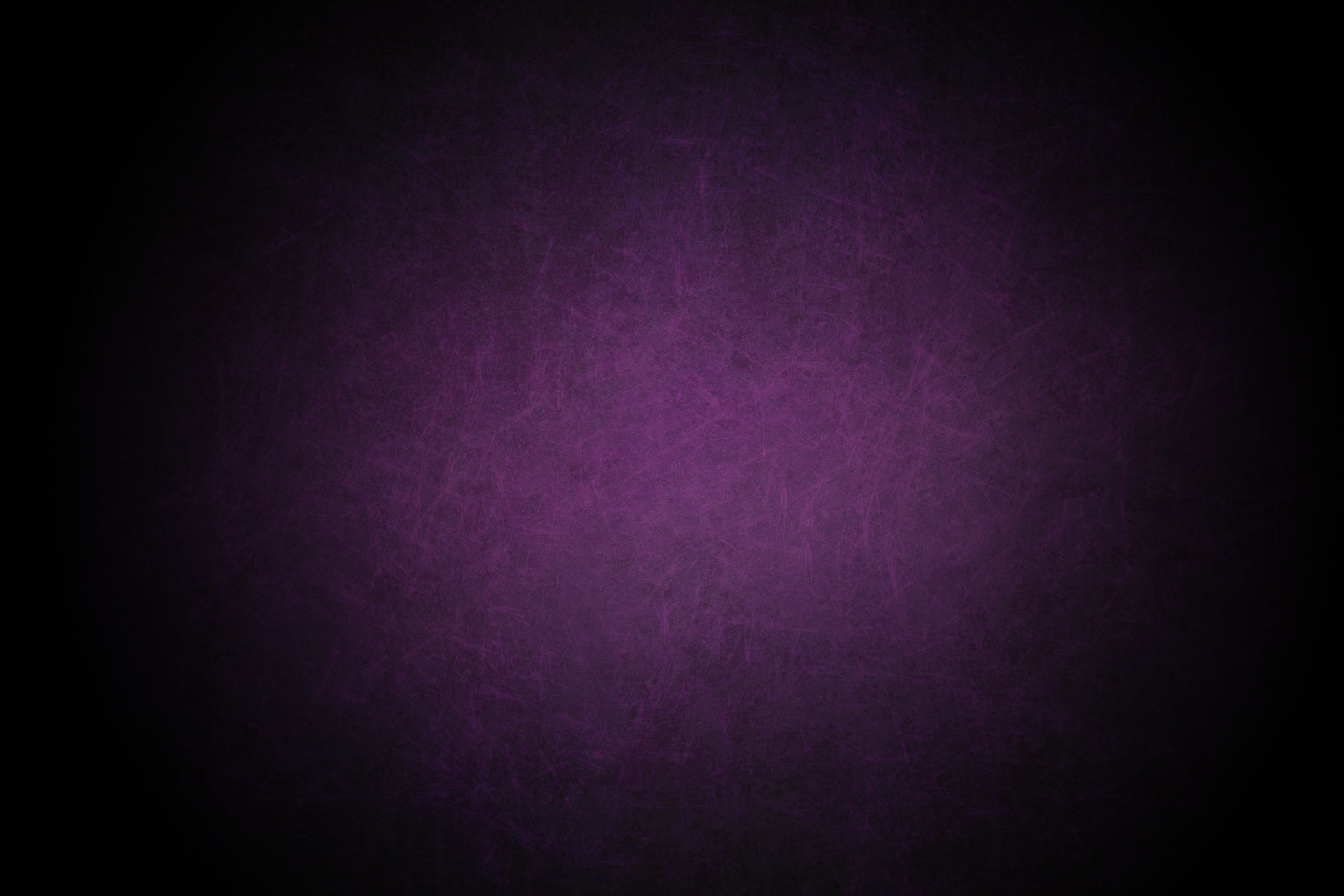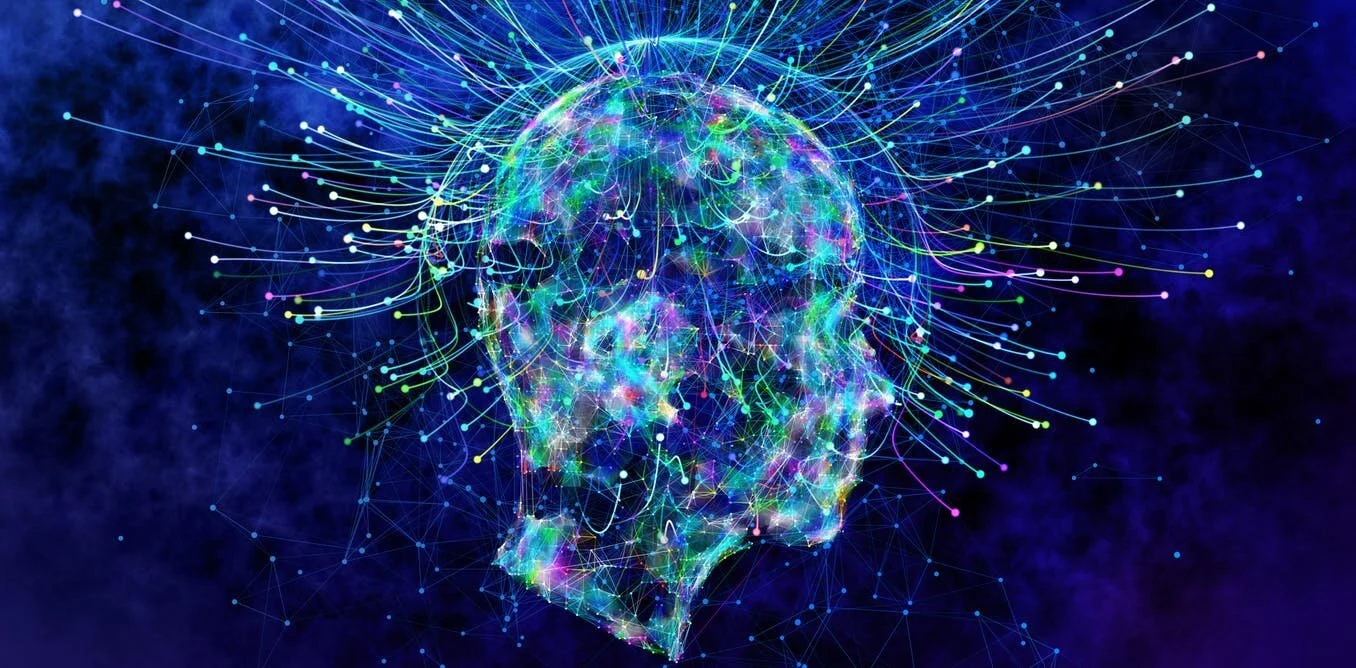
What is Consciousness? What is Its Purpose?
The Hard Problem of Consciousness
“Consciousness is not just interaction of neurotransmitters in the brain it has also some quantum cosmic component.”
“Quantum Mechanics doesn't deserve the connotation of spookiness in the sense of some ineffable mystery that it is beyond the human mind to comprehend. Quantum Mechanics is amazing; it is novel, profound, mind-stretching & a very different view of reality from what we’re used to.”
― Sean Carroll, Something Deeply Hidden: Quantum Worlds and the Emergence of Spacetime
“The spiritual experience of oneness conduces to the same insight as reasoning through science. Both convey the insight of fundamental interconnection between ourselves, other people, other forms of life, the biosphere and, ultimately, the universe. Science and spirituality, far from being mutually exclusive and conflicting elements, are complementary partners in the search for the path that can enable humanity to recover its oneness with the world. Science demonstrates the urgent and objective need for it; and spirituality testifies to its inherent value and supreme desirability.”
― Alexis Karpouzos, The self-criticism of science: The contemporary philosophy of science & the problem of the scientific consciousness.
“Quantum physics findings show that consciousness itself created order - or indeed in some way created the world - this suggested much more capacity in the human being than was currently understood. It also suggested some revolutionary notions about humans in relation to their world and the relation between all living things. What they were asking was how far our bodies extended. Did they end with what we always thought of as our own isolated persona, or ‘extend out’ so that the demarcation between us and our world was less clear-cut? Did living consciousness possess some quantum field like properties, enabling it to extend its influence out into the world? If so, was it possible to do more than simply observe? How strong was our influence? It was only a small step in logic to conclude that in our act of participation as an observer in the quantum world, we might also be an influencer, a creator. Did we not only stop the butterfly at a certain point in its flight, but also influence the path it will take - nudging it in a particular direction?
This explains action at a distance, what scientists call non locality. The theory that two subatomic particles once in close proximity seemingly communicate over any distance after they are separated.”
― Lynne McTaggart, The Field: The Quest for the Secret Force of the Universe
“To apply quantum theory to the entire universe... is tricky... particles of matter fired at a screen with two slits in it... exhibit interference patterns just as water waves do.
Feynman showed that this arises because a particle does not have a unique history.
That is, as it moves from its starting point A to some endpoint B, it doesn’t take one definite path, but rather simultaneously takes every possible path connecting the two points.
From this point of view, interference is no surprise because, for instance, the particle can travel through both slits at the same time and interfere with itself.
In this view, the universe appeared spontaneously, starting off in every possible way.”
― Stephen Hawking, The Grand Design
Consciousness is not simply reduced to mental computations - but rather an elaborate, and tangled web of subjective, abstract experiences. Using functional MRI, cognitive neurosciences can almost read people's thoughts by studying the blood flow in their brains. What's more, scientists have amassed evidence that virtually every aspect of consciousness can be tied to the brain. While few scientists doubt they will locate consciousness in the activity of the brain, that the biology of consciousness will eventually be mapped and quantified, a host of unexplained mysteries remain. Mysteries that defy biology and everything we think we know.
Quantum Biology & Consciousness
Quantum biology is a relatively new field of research that explores the potential role of quantum mechanics in biological systems. Some scientists have proposed that quantum mechanics may play a role in the functioning of certain biological processes, such as photosynthesis and bird navigation.
As for the relationship between quantum biology and consciousness, it's still an active area of research and debate among scientists. Several theories have been proposed that suggest a connection between the two, but no consensus has been reached yet.
One theory is that consciousness is a quantum process that arises from the interactions of subatomic particles. This theory suggests that consciousness emerges from quantum mechanical interactions in the brain.
Another theory is that consciousness is a fundamental aspect of the universe and is connected to the principles of quantum physics. This theory suggests that consciousness plays a role in the collapse of wave functions, which is a key aspect of quantum mechanics.
A third theory is that consciousness and quantum mechanics are related through the concept of non-locality, which states that particles can be connected in such a way that they can instantaneously influence each other, regardless of the distance between them. Some researchers have suggested that consciousness may be a non-local phenomenon, meaning that it can be present in multiple locations at the same time.















